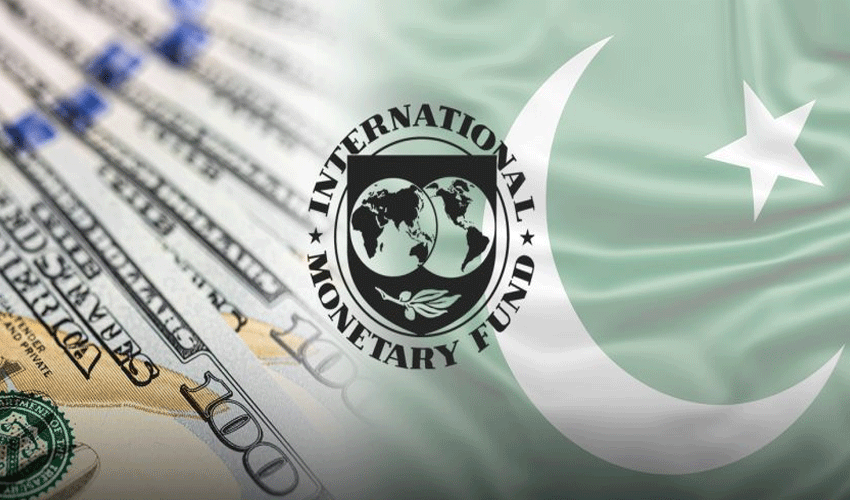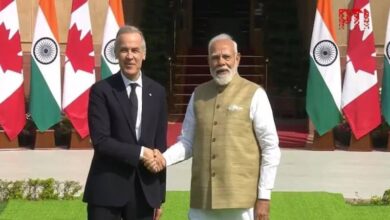The federal government has decided to take the International Monetary Fund (IMF) into confidence over the recent escalation in tensions with India, particularly if the situation leads to a significant increase in defense spending and related fiscal requirements.
The development comes ahead of formal negotiations with the Fund, which are expected to begin from May 14, as Islamabad prepares to present its budget for the fiscal year 2025-26.
According to sources in the finance ministry, consultations with the IMF will revolve around the government’s budgetary framework, including proposed revenue targets and expenditure estimates.
“If the situation with India escalates further and translates into higher defence spending, the government will share these considerations with the IMF during the talks,” said a senior official familiar with the matter.
Recent skirmishes along the Line of Control (LoC) have prompted concerns within economic circles over a possible rise in military expenditure at a time when the government is already grappling with limited fiscal space and stringent IMF conditions. Officials say that any major shifts in budgetary allocations — particularly those related to defence — must be conveyed transparently to the Fund to avoid friction in the negotiation process.
Budget targets and tax proposals
In line with ongoing fiscal reforms, the government is mulling an ambitious tax revenue target for the next fiscal year. The Federal Board of Revenue’s (FBR) target is likely to surpass Rs14,000 billion, sources confirmed. This would be underpinned by a plan to maintain the tax-to-GDP ratio at around 11 percent in FY2025-26 — a goal aligned with IMF benchmarks.
Officials said that the issue of super tax — a levy that has faced criticism from the business community — is also expected to be part of the upcoming discussions. “There is a growing consensus within policy circles to revisit the super tax, particularly in light of its economic distortion and the fact that the overall tax burden on certain sectors has climbed as high as 39 percent — a level rarely seen globally,” a source said.
IMF engagement key to budget finalisation
The upcoming talks with the IMF will play a crucial role in shaping the next budget, especially as Pakistan eyes a new bailout programme to stabilise its fragile economy. While the previous stand-by arrangement with the IMF concluded recently, Islamabad is now seeking a longer-term and more comprehensive loan package to support macroeconomic stability and structural reforms.
The government is also expected to update the IMF on its progress with tax broadening measures, energy sector reforms, and state-owned enterprise restructuring — all key points in previous discussions.











